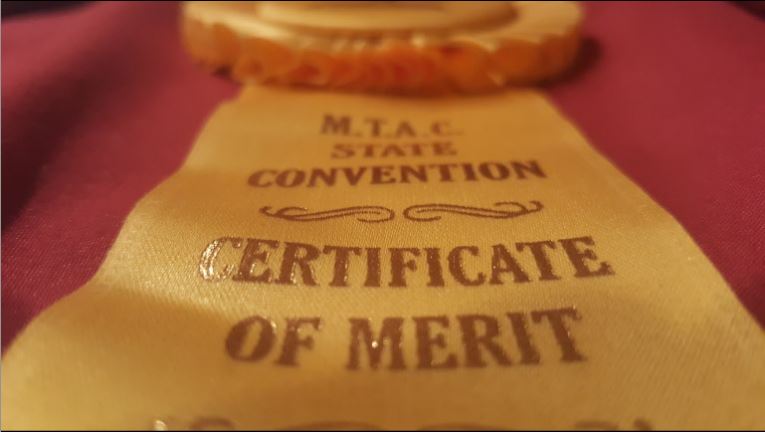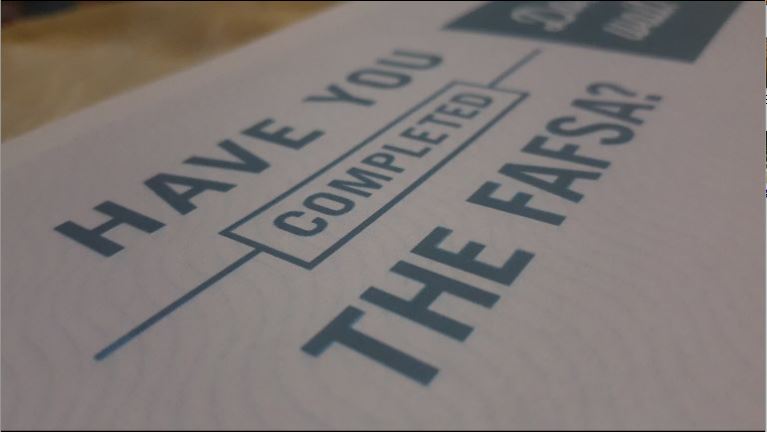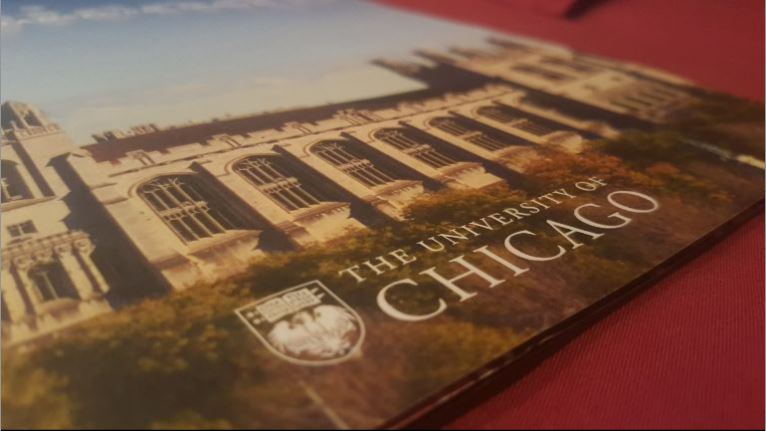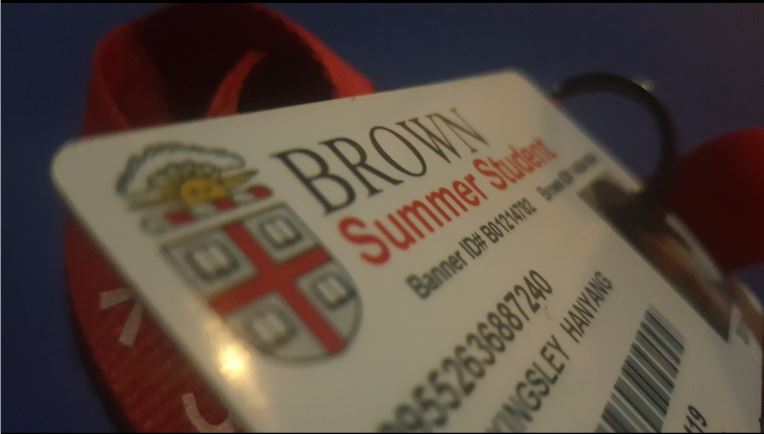s seniors wrap up their college admissions process , many previous misconceptions about the application process, though previously shrouded in mist, are becoming more and more clear. Read through the story below to see what seniors and Counselor Clay Stiver think of four of these myths.
Myth 1:

One myth about college applications may come as a surprise to many high school students: colleges are looking for a well-rounded class rather than a well rounded student. According to college admissions expert Stephen Cohen, colleges actually piece their classes together like a mosaic. They look for some good scholars, several accomplished athletes, good dancers some musicians, more or less, they value applicants who excel in one thing rather than one that is decent at everything.
However, this is no news to senior Johanna Karras, who has done extensive research on the topic of College admissions.
“I think before, maybe 10 years ago, they were looking for the well rounded students but it has definitely changed. They are looking for students who have one or two unique passions they are really into,” says Karras.
Stiver does not agree.
“In college admissions seminars, I hear the term well rounded student,” says Stiver.
According to Stiver, he has never heard a single admissions counselor disclose that their college is specifically only targeting those types of people. This is because he believes that admissions officers are looking for applicants which do well in school and do well outside of school.
Myth 2:

Although it may seem ideal to opt out of an expensive top-notch institution in order to attend a cheaper but weaker school, the “extremely expensive” prices of attending a top notch institution are nonetheless exaggerated. Although the sticker price for these top institutions are mostly above $60,000, they tend to provide plenty of financial aid and endowments. In fact, a Washington Post Article documents that these top tier “expensive” colleges actually cost less to attend than second tier or state colleges.
Stiver himself has seen that happen. According to Stiver, since colleges who require the most money give out the most money, there are a lot of ways to get money from the school whether it be merit based scholarships or sports scholarships.
“I would never tell a student ‘Don’t apply there’ unless there was something special going on,” said Stiver, “You can sometimes even negotiate with them by calling in to the admissions office and [telling] them ‘Hey I really want to go here’.”
Although doable, senior Rohan Chitale is extremely skeptical. According to him, although financial aid is given to a vast majority of the applicants, a lot of people here do not qualify since they are in the middle class or upper-middle class.
“I did know about it but not many people get financial aid so it is still expensive for a lot of people,” says Chitale, “but I am 100% sure that if I was accepted to an Ivy League, I would not receive any financial aid.”
Myth 3:

Every year, many colleges send out informational brochures, sometimes in hand-written envelopes, to tens of thousands of students who do well on the PSAT. However, it is a stretch to believe that these brochures, as convincing as they may seem, represent a free ticket for a spot at that institution. They should be recognized and treated as what they really are: marketing tactics. The reason colleges send out these letters detailing their school is to raise the student’s awareness of the fact that they are an excellent potential choice. According to the Huffington Post, this tactic can also be used to raise a school’s rankings by lowering their acceptance rate. Colleges may accept the same number of students as previous years but from a larger pool of applicants wooed by the brochures.
Senior Aidan Gottlieb has plenty of experience with these brochures. Through his experiences, he believes that these brochures, although they do not signify a green light for the applicant to attend the college, do have some value within them.
“If it is a college that I am interested in, I will fill out the brochure and I can receive information from them,” says Gottlieb, “Responding to them shows the college that you are interested in the college and that could have a weight on your application.”
Although Stiver is on the same page, he believes additionally that the use of marketing ploys extend far beyond brochures and packets of paper to actual summer camps which these institutions provide. According to Stiver, there is a common misconception among students that attending a summer program which an institution provides will drastically elevate their chances of getting in.
“You are paying to enter these programs,” Stiver said, “I think it’s one of those things which the Colleges do. With the way that they advertise these camps, it makes it seem as if I go to this University of San Diego science camp, UCSD will be aware of me. It’s not true.”
According to Stiver, the admissions department is completely separate from the department which organizes summer institutions. The main purpose of the Summer Camp department is to generate revenue and at the same time, advertise for their campus.
“I do not even know if the two talk to each other,” says Stiver, “You may not even be in their database when you apply.”
The same thing applies to sports camps. According to Stiver, many baseball and basketball camps provide a false sense of hope among many athletes that they are going to get recruited by the school.
“You can pay them a $200 check and they will teach you some things,” Says Stiver, “But I think they care more about the check more than anything else.”
Myth 4:

The notion that colleges only care about the application itself is actually false. College institutions actually keep track of the amount of times applicants have contacted the school and whether or not they have visited the campus. By doing so, applicants are essentially demonstrating to admissions officers that they are interested in enrolling should they apply to the college. Scheduled interviews also create an impactful way in which applicants are able to express their interests in the institution.
Stiver believes that these attempts do not play a big factor into the admissions process. Ultimately, it still comes down to the scores and the experiences. Tying back to the use of summer camps, Stiver believes there is actually a common misconception that these efforts will put an applicant at a significant advantage. However, they do serve as a good point to riff off of during the application.
“You can say ‘Oh I visited the campus and I really liked the area, I really enjoyed San Diego.’” says Stiver, “You can write about it but just going to the campus in itself isn’t going to get you ahead.”




